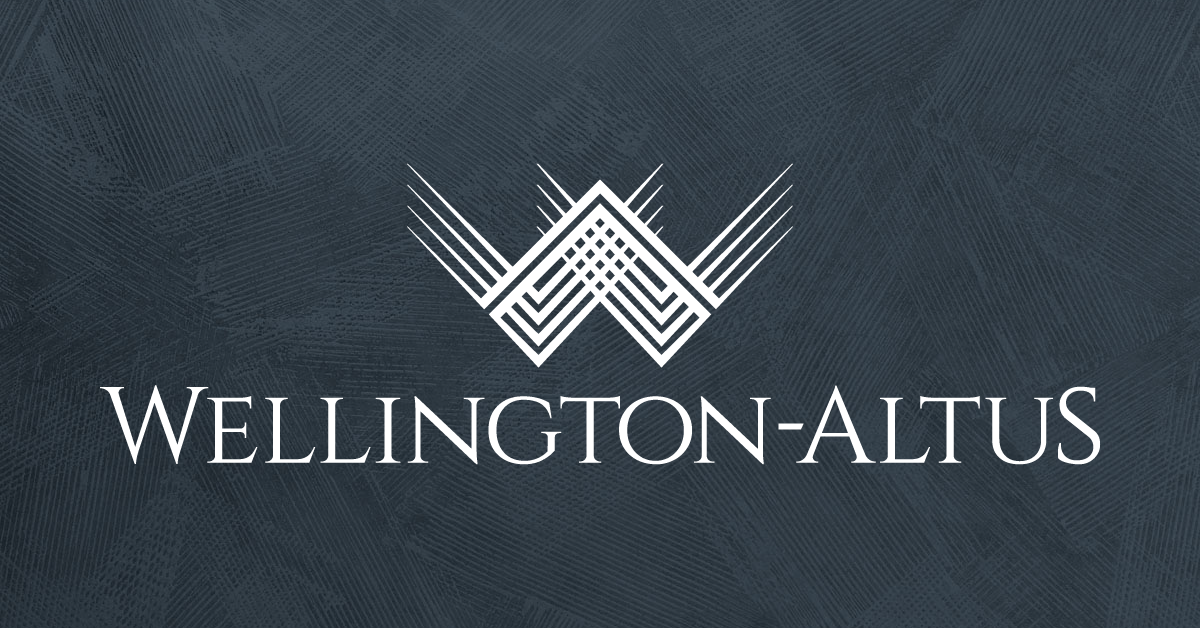Download this article as a PDF.
Is your name on legal title for any assets that you don’t have a beneficial interest in (i.e., a Bare Trust)? Perhaps your name is legally on your parents’ home, or maybe your child’s banking or investment accounts? If this is the case, you may have a new reporting obligation with the Canada Revenue Agency (“CRA”).
Introduction
Originally introduced in 2018, new and enhanced reporting requirements (the “new reporting requirements”) are expected to be implemented for trusts that have a taxation year ending after December 30, 2023. The three main impacts of the new reporting requirements are:
01. Certain trusts that previously had no filing obligation may now be required to file a Trust Income Tax and Information Return (“T3 Return”) annually.
02. Additional information regarding the trust must now be disclosed on the T3 Return.
03. New and increased penalties for noncompliance.
If a trust is required to file a T3 Return, it must be filed no later than 90 days after the end of the trust tax year end. For trusts with a December 31, 2023, year end, the T3 Return must be filed on or before March 30, 2024.
When do the new reporting requirements apply?
In early November 2022, CRA announced they would be deferring the implementation of the new reporting requirements by an additional year. Trusts with a December 31 year end will be required to comply with the new reporting requirements beginning with their 2023 T3 Return.
Are there exceptions to the new reporting requirements?
The following trusts will likely be exempt from the new reporting requirements:
1. Trusts designated as Graduated Rate Estates (“GRE”)
2. Trusts that hold assets with a fair value of less than $50,000 throughout the taxation year.1
3. Trusts in existence for less than 3 Months
4. Trusts that are registered plans (i.e. RRSPs/RRIFs)
A complete list of exceptions can be found on the CRA website.2
1. Provided that their holdings are confined to deposits, government debt obligations and listed securities.
2. https://www.canada.ca/en/revenue-agency/programs/about-canada-revenue-agency-cra/federal-government-budgets/budget-2018-equality-growth-strong-middleclass/ reporting-requirements-trusts.html
Bare trusts
A point of contention within the wealth planning community is that the new reporting requirements specifically apply to what are commonly referred to as “Bare Trusts.” A Bare Trust is a relationship whereby the Trustee holds legal title of the trust property, but the beneficiary has the beneficial ownership of the property. In other words, the trustee has no independent power or discretionary decision-making rights over the trust property, but instead, deals with the property as determined by the beneficiary. Two common examples of Bare Trusts are jointly owned investment accounts and real property ownership.
Because no formal documentation is required for a Bare Trust to exist, the new reporting requirements may uncover previously undocumented trust relationships.
Example: Bare Trust
Brad was recently added to his mother’s, May, investment account to help her with administrative tasks related to the account.
- May continues to report all investment income and gains from the account on her T1 return.
- May did not report a disposition of any investment assets when Brad was added to the account.
- No documentation exists supporting a gift by May to Brad of the account.
Given the facts above, it is likely that a Bare Trust exists between Brad (Trustee) and May (Beneficiary). As such, unless an exception is met, they would likely be subject to the new reporting requirements.
Additional information to be disclosed on T3 Return
Additional information will be required to be disclosed in the T3 Return on Schedule 15 “Beneficial ownership information of a trust.” All the trust’s Settlor(s), Trustee(s), Beneficiary(ies) – including contingent or Controlling Person(s) will have to report on:
• Entity classification (natural person, corporation, trust or other)
• Name of the entity
• Tax identification numbers such as a SIN, Business Number, or Trust Account Number
• Country of residence for tax purposes
• Address
Enhanced penalties for non-compliance
Historically, trusts were subject to a late-filing penalty of $25/day. The minimum late-filing penalty was $100, and the maximum penalty was $2,500. The new reporting requirements include an additional set of enhanced penalties to encourage compliance. If applied, the enhanced penalty will be the greater of:
1. Minimum penalty of $2,500
2. 5% of the maximum value of the property held by the trust during the year.
These enhanced penalties can be applied for making false statements or omissions that amount to gross negligence, or for the failure to file a return knowingly.
Conclusion
Many trusts that have never filed T3 Returns before will have to start filing for 2023, while others will be required to file their 2023 T3 Return with these enhanced disclosures.
Though recent changes have bought trusts an extra year under the old reporting regime, there is every indication that these enhanced reporting rules will be in effect for taxation years ending after December 30, 2023. Those clients that may be impacted should reach out to their tax advisor and consider:
• Winding-up Bare Trust arrangements so they are not required to file a T3 Return for future years.
• Gathering the information required to comply with 2023 T3 reporting.
Some information, particularly regarding the settlor and contingent beneficiaries, may take some time to track down.
An appendix is included in the pdf of this document to assist in gathering the required information.

